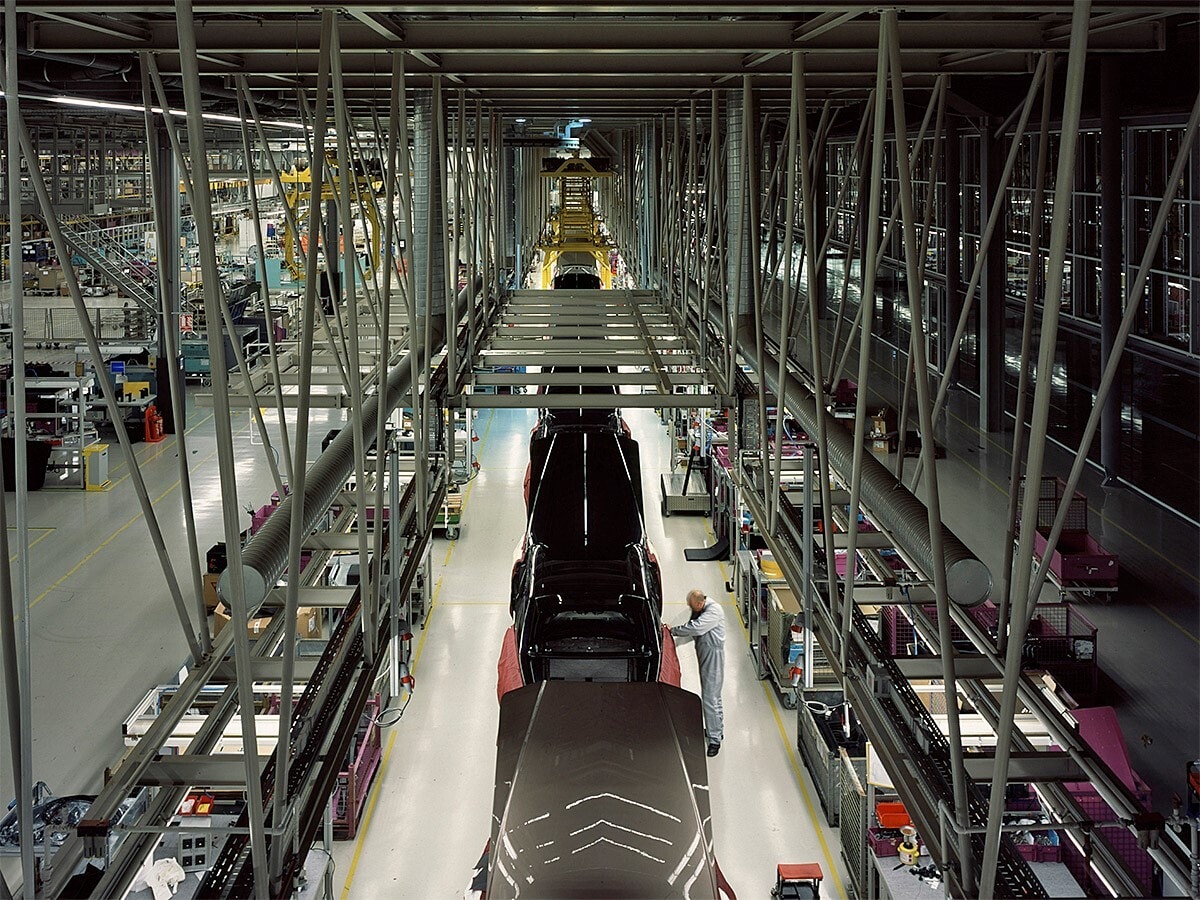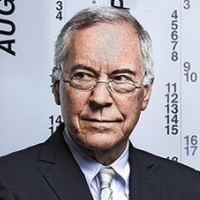The engineering firm is stepping-up its electric plans and expanding into the competitive air taxi space, a move that could propel the Rolls-Royce stock price.
Rolls-Royce [RR], which makes plane engines for Airbus [AIR] and Boeing [BA], has said an all-electric passenger plane will be ready in about five years. The electrical division of the FTSE 100 company expects to ready an engine for a small electric aeroplane by 2025, a year earlier than previously indicated. The crux of it would be its homegrown battery technology that Rolls-Royce has been building towards its zero- emission technology.
The company is also making moves in the electric vertical takeoff and landing (eVTOL) segment, an area that is becoming increasingly lucrative.
2025
Predicted launch date for Rolls-Royce's all-electric passanger plane
Rolls-Royce’s electric investment
Alongside its all-electric passenger plane, Rolls-Royce is joining forces with luxury jet and helicopter service provider Luxaviation Group to collaborate on the development and deployment of air taxis. The engineering firm will provide charging points, maintenance support and digital solutions for Luxaviation Group’s planned network of ‘vertiports’ across 120 VIP terminals worldwide.
Rolls-Royce said in a statement that the first stage of the partnership is to form a pilot electrical project.
It comes at a time when the eVTOL market is expanding rapidly, with airports from Los Angeles to London preparing to trial air taxi services.
Electric competition heats up
Rolls-Royce has gone all in with its electric vision. Last year the company announced that its new products would be zero-carbon by 2030 and committed itself to the UN’s Race to Zero campaign to mobilise action among companies and investors to achieve net-zero emissions by 2050.
Last June the firm invested in Vertical Aerospace, a UK-based air taxi manufacturer, while its all-electric plane, the Spirit of Innovation, broke two world speed records in November.
Rolls-Royce’s electric efforts are more important than ever as competition in the eVTOL space is becoming fierce, with more and more companies entering the sector to build air taxis to make city journeys faster, cleaner and easier.
Rival Boeing announced in January that it was investing $450m in Wisk Aero, the air vehicle firm launched by Google cofounder Larry Page, to support the development of future pilotless flying taxis.
Last September, aerospace competitor Airbus unveiled the next generation of its CityAirbus, a fully electric small plane that is designed to carry up to four passengers in zero-emissions flights.
$450m
Valuation of Boeing's Wisk Aero investment
However, the global shortage of semiconductors has hit supply chains across the transportation sector, especially for electric cars. The large chip manufacturers are trying to address this issue by building their own semiconductor plants.
What does this mean for the Rolls-Royce share price?
The Rolls-Royce share price was hit hard during the Covid-19 pandemic, largely due to the implementation of lockdowns and travel restrictions. Its civil aerospace unit, which manufactures and services aircraft engines, was forced to shut down for two weeks last summer in order to save costs.
The engineering company’s electric vision is likely to pay off in the long term, but it is unlikely to make an impact on the stock in the short run.
The Rolls-Royce share price plummeted by as much as 18% on Thursday 24 February when the company shocked investors by announcing that its CEO Warren East was to step down at the end of this year. The stock has fallen 17% since the announcement to close at 97p on 28 February.
The 60-year-old, who was appointed to the position in 2015 to turn the business around after a series of scandals and profit warnings, said that “this is the right moment to look to the future”.
The news overshadowed Rolls-Royce’s full-year results, which showed that it had weathered the worst of the pandemic and returned to a £124m profit for 2021, compared with a loss of £3bn in 2020.
Analysts are on the fence with Rolls-Royce stock. Out of 17 analysts polled by MarketScreener, 10 rate the shares as a ‘hold’ with an average price target of 129.59p, representing a potential upside of 40.9% from the current level.
Disclaimer Past performance is not a reliable indicator of future results.
CMC Markets is an execution-only service provider. The material (whether or not it states any opinions) is for general information purposes only, and does not take into account your personal circumstances or objectives. Nothing in this material is (or should be considered to be) financial, investment or other advice on which reliance should be placed. No opinion given in the material constitutes a recommendation by CMC Markets or the author that any particular investment, security, transaction or investment strategy is suitable for any specific person.
The material has not been prepared in accordance with legal requirements designed to promote the independence of investment research. Although we are not specifically prevented from dealing before providing this material, we do not seek to take advantage of the material prior to its dissemination.
CMC Markets does not endorse or offer opinion on the trading strategies used by the author. Their trading strategies do not guarantee any return and CMC Markets shall not be held responsible for any loss that you may incur, either directly or indirectly, arising from any investment based on any information contained herein.
*Tax treatment depends on individual circumstances and can change or may differ in a jurisdiction other than the UK.
Continue reading for FREE
- Includes free newsletter updates, unsubscribe anytime. Privacy policy










































